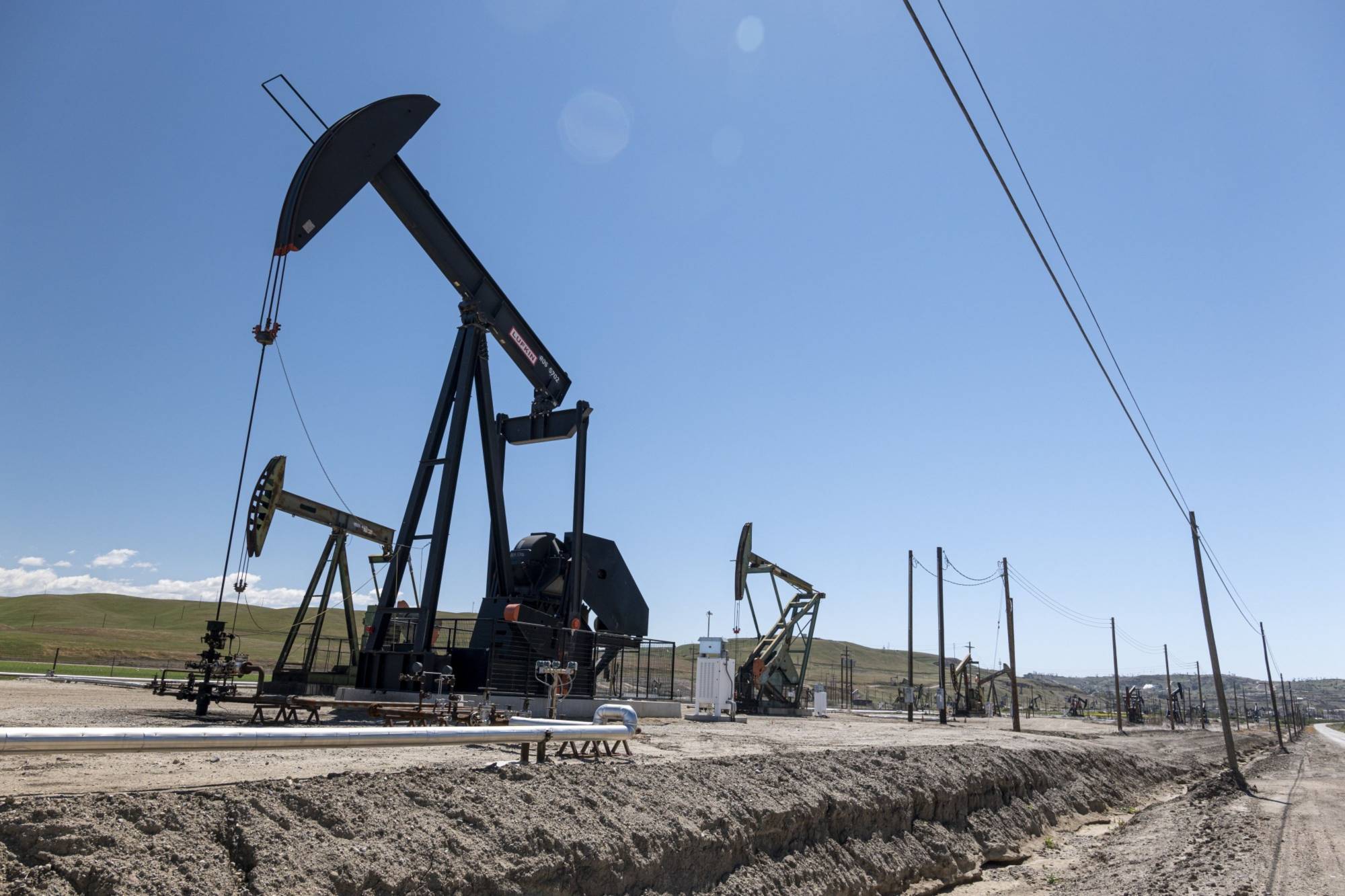Modern history is peppered with energy shocks, shortages, price spikes and panics. But the present almost planet-wide super-inflation and volatility of prices for all the key fuels and sources is something entirely new and presents puzzling new challenges to consumers, suppliers, governments and societies everywhere.
Coming, as it does, at a time of advancing energy transition — an upheaval in the world’s economic systems as big as, or even bigger than, the Industrial Revolution of past centuries — it confronts policy makers with issues of unparalleled complexity. If this is not yet clear to some energy planners, and to some of those most concerned with the link between energy supplies and climate dangers, it should soon begin to become so.
Transforming the world’s fuel mix in such a fundamental way after the two or three centuries’ reign of fossil fuels, was always going to be a process full of wider consequences, side effects and unforeseen outcomes. There were always going to be new cohorts of winners and losers, and new forms of disruption to be managed. Recent events give a strong taste of what is to come.



















With your current subscription plan you can comment on stories. However, before writing your first comment, please create a display name in the Profile section of your subscriber account page.